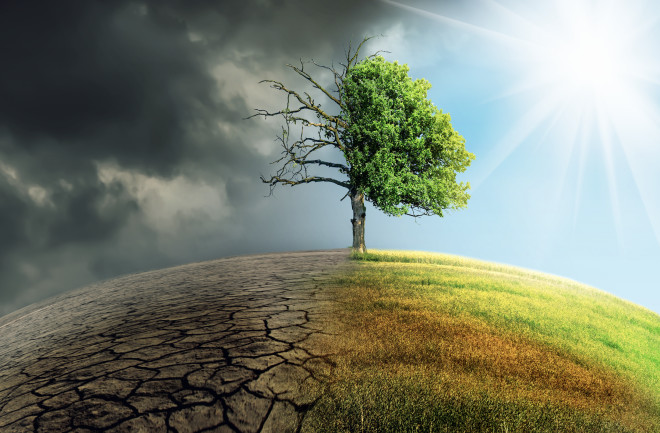Have you ever held a product in your hands and considered the existential weight of your purchase? Beyond each price tag hides a ripple effect. It expands from soil to waterways, grocery aisles to kitchen plates, factories to fulfillment centers and mail slots to landfills. This global impact has become less hidden in the past decade, and ignoring the people downstream from us has grown increasingly difficult. We’re more aware than ever of the mark our consumption leaves on planet Earth, which now sustains nearly 8 billion people. Somehow, humans are still pumping more than 30 gigatons of carbon dioxide (CO2) per year into the atmosphere, despite the mountain of evidence that CO2 is the top contributor to greenhouse gases causing global warming. Similar conundrums apply to use of plastics and consumption of meat and other goods. We know we need to do better, but we feel helpless and overwhelmed. Let’s call this the eco-stential crisis; it applies on a deeply personal level for most environmentally aware humans, and on a global scale.
Climate journalist and author Tatiana Schlossberg says even a simple trip to the supermarket can feel paralyzing in 2021. “I want to buy the local thing, but it’s not organic. Or, maybe it’s in a plastic box,” she says. In her 2019 book Inconspicuous Consumption, she ventures way beyond the store aisle and into the web of less apparent ways that humans are damaging Earth. For example, your internet use is tied to extensive carbon emissions and energy consumption. The solution to this problem, however, is not for you to stop using the internet, according to Schlossberg and a host of other climate experts. The world is more complicated than that.
In fact, being a good citizen on planet Earth has never been more complicated. On your own journey with climate concerns, you’ve likely asked or agonized over this question: What should I do? It’s easy to get lost in the blizzard of supposed answers swirling around social media, the latest data sets and “eco-friendly” marketing campaigns. So, we took this question to five people who have immersed their careers, research and writing in the realities of climate science. One of their most consistent insights may surprise you: Consumer responsibility — and guilt-ridden behavior modification — misses the mark.
“One of the major failings of the environmental movement is having everyone focus on these small things that everyone can do,” says Ayana Elizabeth Johnson, a marine biologist and co-host of the podcast How to Save a Planet. That doesn’t mean you’re off the hook. There are just more meaningful and long-lasting ways to expend your energy in the climate fight. Most of them involve organization and collective action.
“Individuals join together to collectively have far more power changing the system than they can as individuals,” says Anthony Leiserowitz, director of the Yale Program on Climate Change Communication. He and many researchers who have run the numbers say even the most valiant voluntary lifestyle modifications — going vegan, refusing to fly or investing in green energy for your home — fall far short of the change we need. These experts propose other key steps that every human can take toward a better future. But first, you must understand some of the facts and myths on the current playing field.

